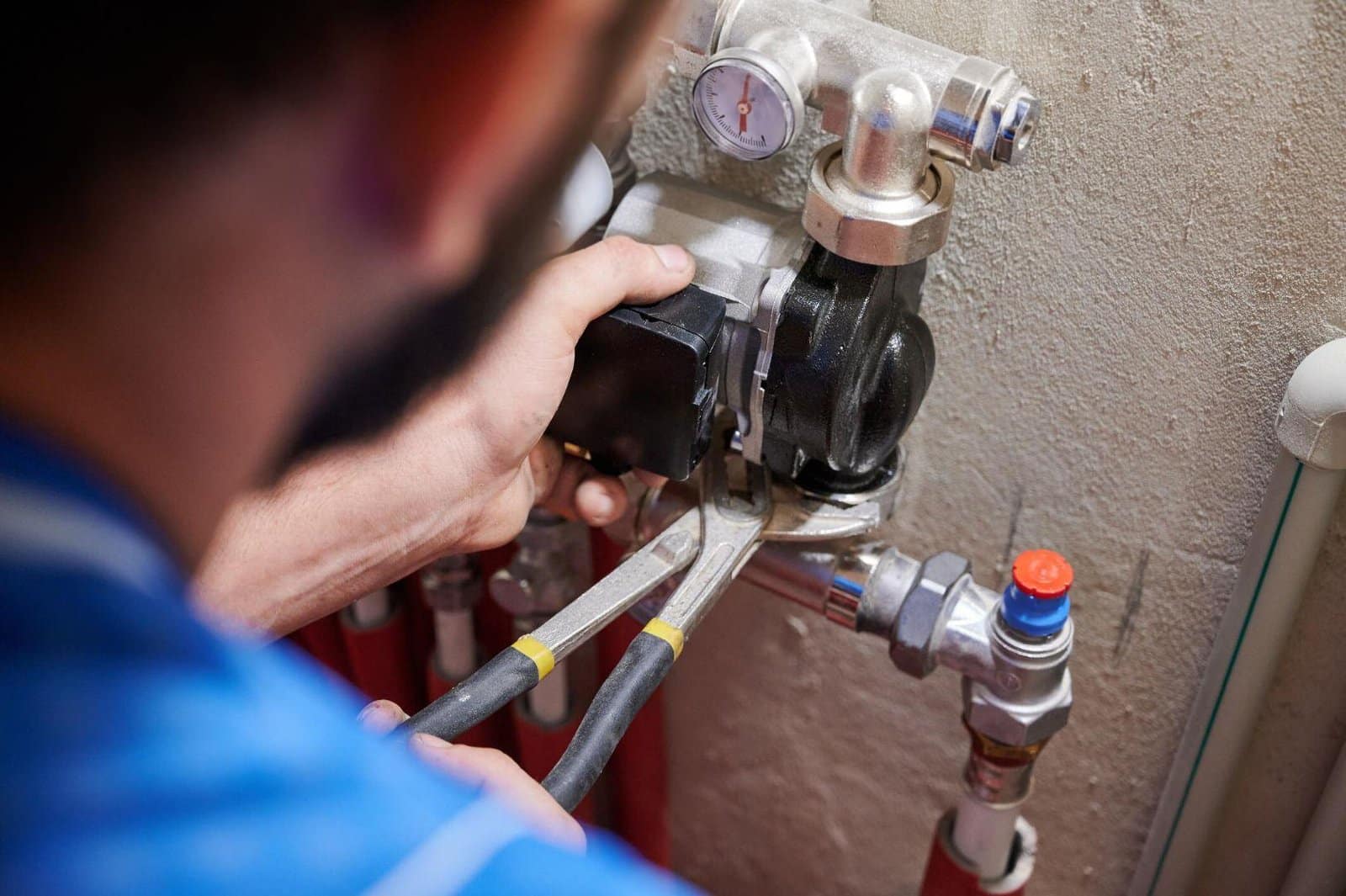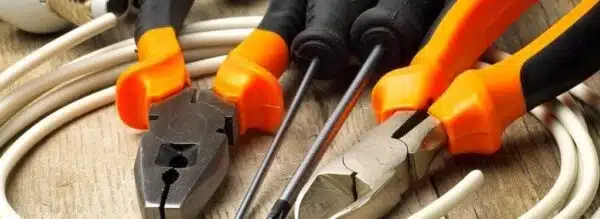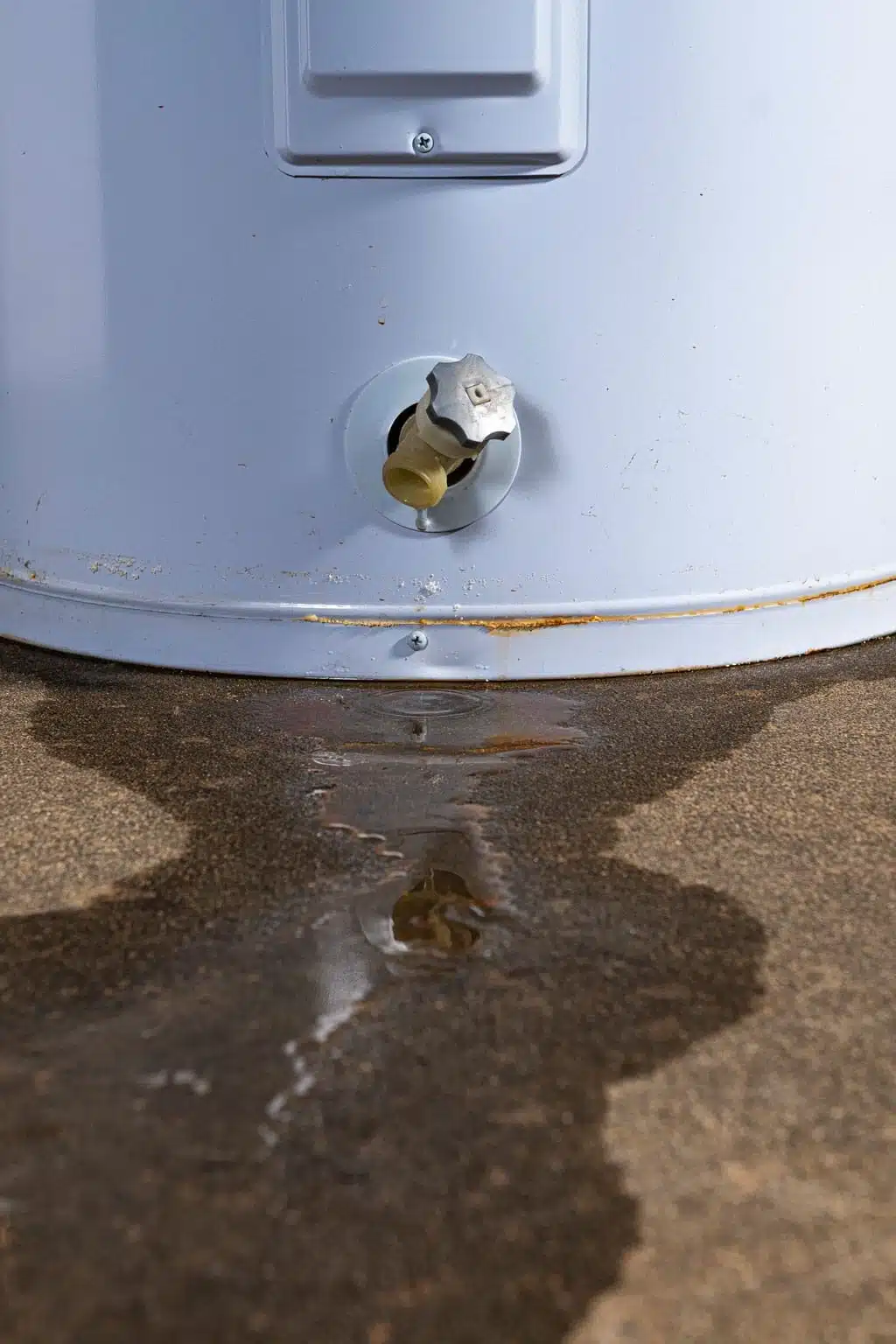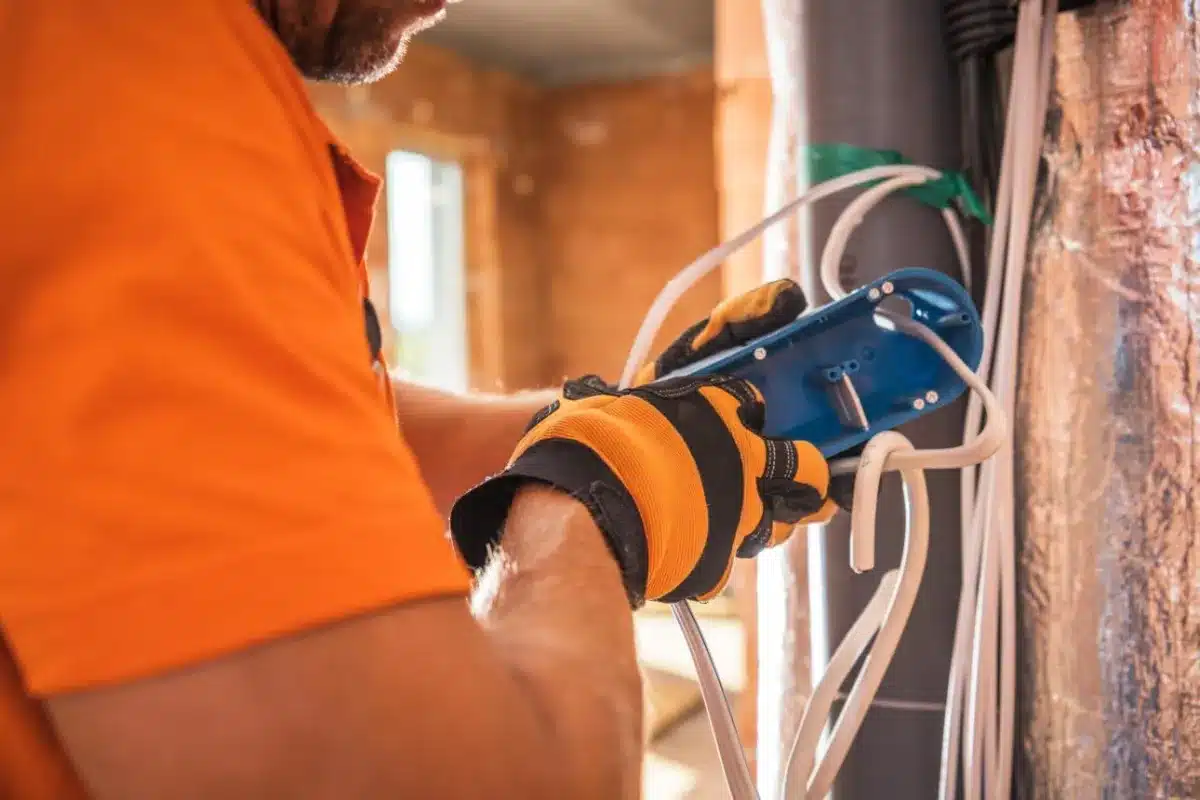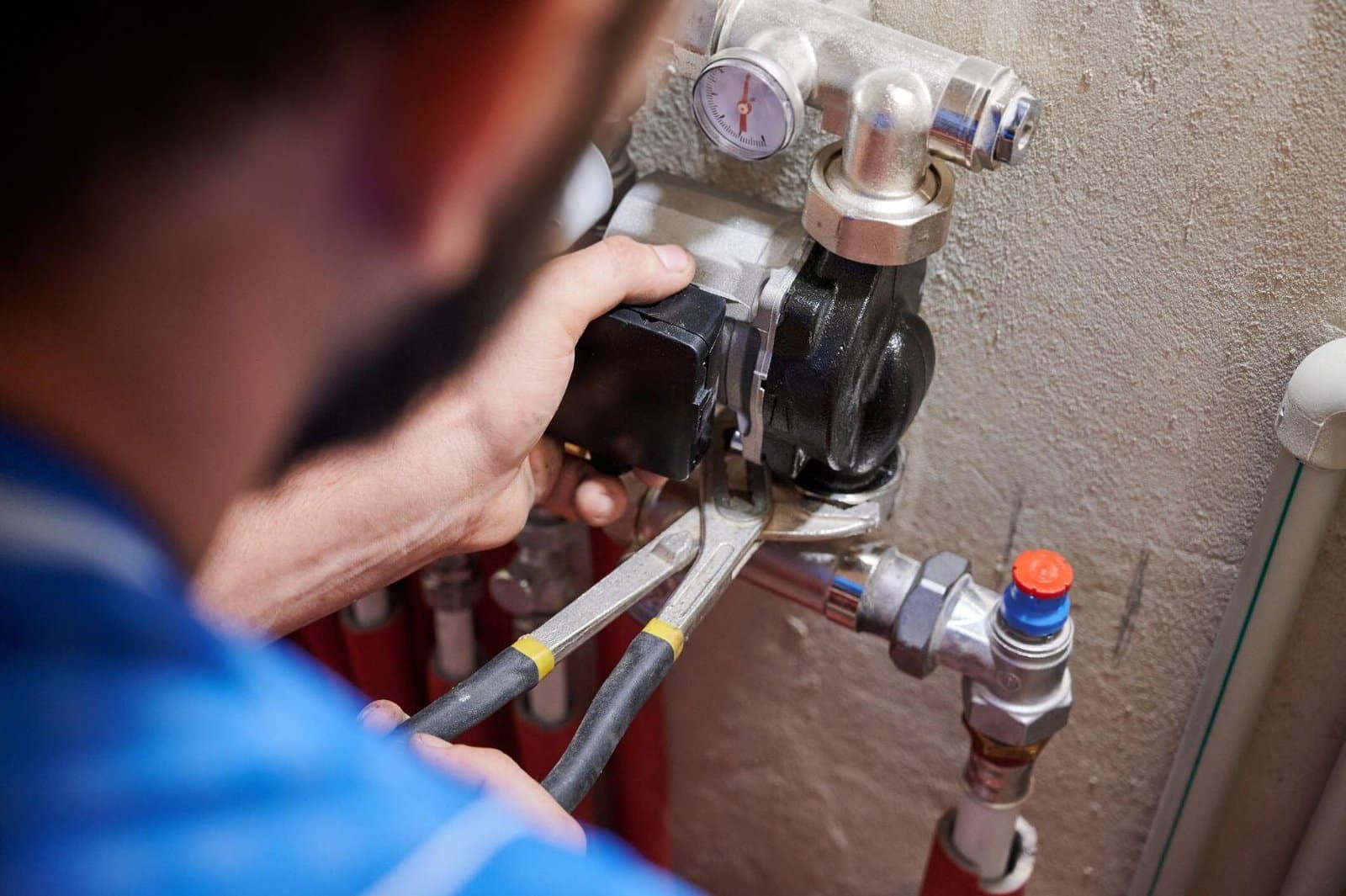Dishwasher Maintenance – Have you ever wondered if your dishwasher is working as efficiently as it should? Maintaining your dishwasher properly can save you time, money, and the hassle of unexpected breakdowns. In this comprehensive guide, we’ll explore the do’s and don’ts of dishwasher maintenance, ensuring your appliance remains in top condition. These tips will help you keep your dishwasher running smoothly.
The Importance of Dishwasher Maintenance
Dishwashers are essential household appliances that make our lives easier by taking care of dirty dishes. However, like any other appliance, they need regular maintenance to operate efficiently.
Neglecting your dishwasher can lead to issues such as poor cleaning performance, foul odors, and even costly repairs. By following these dishwasher maintenance tips, you can extend the life of your appliance and enjoy consistently clean dishes.
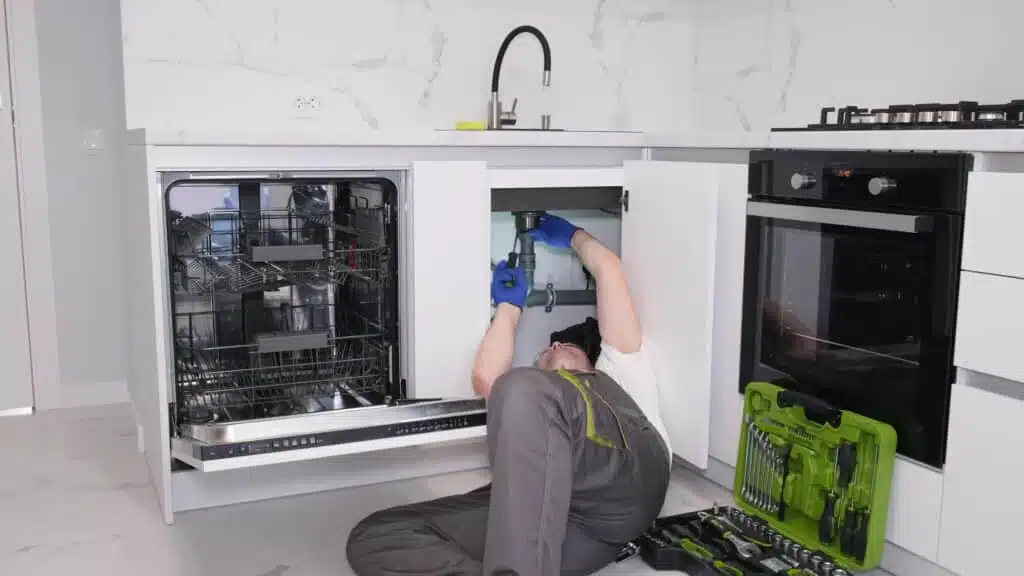
Do’s of Dishwasher Maintenance
Clean the Filter Regularly
One of the most crucial aspects of dishwasher maintenance is cleaning the filter. The filter traps food particles and debris, preventing them from clogging the dishwasher’s drainage system.
To clean the filter, remove it from the bottom of the dishwasher and rinse it under warm water. Use a soft brush to remove any stubborn debris. Ideally, this should be done once a month to ensure optimal performance.
Inspect and Clean the Spray Arms
The spray arms are responsible for distributing water evenly throughout the dishwasher. Over time, they can become clogged with food particles and mineral deposits, affecting their efficiency.
Remove the spray arms and inspect the nozzles for any blockages. Use a toothpick or a small brush to remove any debris. Regularly cleaning the spray arms ensures that your dishes come out sparkling clean.
Use the Right Detergent
Using the right detergent is essential for effective dishwasher maintenance. Always use detergents specifically designed for dishwashers, as regular dish soap can create excessive suds and damage the appliance.
Additionally, adhere to the manufacturer’s guidelines for the correct amount of detergent to use, considering your water hardness and load size.
Run Hot Water Before Starting the Dishwasher
Running hot water in your sink before starting the dishwasher can improve its performance. This simple step ensures that the dishwasher begins its cycle with hot water, enhancing the cleaning power and dissolving detergent more effectively. It also helps to remove any residual cold water in the pipes, which can affect the cleaning process.
Clean the Door Seal
The door seal, or gasket, is an important component of your dishwasher that prevents water from leaking out. Over time, food particles and residue can accumulate on the seal, leading to mold and unpleasant odors.
To clean the door seal, wipe it down with a damp cloth and a mild detergent. Regular cleaning will keep your dishwasher smelling fresh and prevent leaks.
Check and Clean the Drain
A clogged drain can cause water to back up into your dishwasher, leading to poor cleaning performance and potential damage. Periodically check the drain for any blockages and clean it if necessary. Clear any debris or food particles that may have built up in the drain. This simple step can prevent major issues and keep your dishwasher running smoothly.
Use Vinegar for a Deep Clean
Vinegar is a natural and effective cleaner that can help remove mineral deposits and grease buildup inside your dishwasher. To perform a deep clean, place a cup of white vinegar in a dishwasher-safe container on the top rack and run a hot water cycle.
The vinegar will help break down any residue and leave your dishwasher fresh and clean. This should be done every few months to maintain optimal performance.
Ensure Proper Loading
Properly loading your dishwasher is essential for efficient cleaning. Avoid overcrowding the racks, as this can prevent water and detergent from reaching all the dishes.
Make sure that large items do not block the spray arms and that dishes are placed with enough space between them for water to circulate. Following the manufacturer’s guidelines for loading will ensure that your dishwasher performs at its best.
Inspect and Maintain the Water Inlet Valve
The water inlet valve regulates the flow of water into your dishwasher. If it becomes clogged or damaged, it can impact the dishwasher’s performance.
Regularly inspect the valve for any signs of wear or blockage. If you notice any issues, consider replacing the valve to ensure a consistent water supply for your dishwasher.
Run Regular Maintenance Cycles
Running regular maintenance cycles is an important part of dishwasher maintenance. Many modern dishwashers have a maintenance cycle option that helps clean and descale the appliance.
If your dishwasher does not have this feature, you can run an empty cycle with a dishwasher cleaner or a cup of white vinegar This helps eliminate any buildup and keeps your dishwasher running efficiently.
Don’ts of Dishwasher Maintenance
Don’t Overload the Dishwasher
Overloading the dishwasher is a common mistake that can lead to poor cleaning performance and damage to the appliance. When the dishwasher is overloaded, water and detergent cannot reach all the dishes, resulting in dirty dishes and potential clogs.
Always follow the manufacturer’s recommendations for load capacity and avoid overcrowding the racks. Proper dishwasher maintenance includes ensuring you do not overload your machine.
Don’t Use Harsh Chemicals
Using harsh chemicals such as bleach or ammonia can damage the interior of your dishwasher and affect its performance. These chemicals can also leave residues on your dishes, posing a health risk.
Stick to dishwasher-safe cleaning products and avoid using any abrasive cleaners that can scratch the surfaces. Maintaining the right products in your dishwasher maintenance routine ensures the longevity of your appliance.
Don’t Ignore Strange Noises
Strange noises coming from your dishwasher can indicate a problem that needs immediate attention. Ignoring these noises can result in further damage and costly repairs.
If you hear unusual sounds such as grinding, banging, or rattling, inspect the dishwasher for any loose parts or debris. If the problem continues, contact a professional for assistance.
Addressing noises promptly is a key part of effective dishwasher maintenance.
Don’t Leave Food Residue on Dishes
While it is not necessary to pre-wash your dishes before loading them into the dishwasher, it is important to remove any large food particles.
Leaving food residue on dishes can clog the filter and spray arms, affecting the dishwasher’s performance. Scrape off excess food before loading the dishes to ensure optimal cleaning results.
Don’t Use Too Much Detergent
Using too much detergent can create excessive suds and affect the dishwasher’s performance. It can also leave a residue on your dishes and the interior of the appliance.
Always follow the manufacturer’s guidelines for the correct amount of detergent to use, considering your load size and water hardness. Using the right amount of detergent ensures effective cleaning without any negative side effects.
Don’t Forget to Clean the Exterior
The exterior of your dishwasher can accumulate fingerprints, smudges, and dirt over time. Regularly cleaning the exterior not only keeps your appliance looking new but also prevents the buildup of grime that can affect its performance. Use a damp cloth and a mild detergent to wipe down the exterior surfaces, including the control panel and door handle.
Don’t Ignore Leaks
Leaks are a sign that something is wrong with your dishwasher and should not be ignored. If you notice any water pooling around the base of the appliance or on the floor, inspect the door seal, hose connections, and the water inlet valve for any signs of damage or wear. Addressing leaks promptly can prevent further damage and costly repairs.
Don’t Use the Dishwasher for Non-Dishwasher Safe Items
Not all items are dishwasher safe, and using the dishwasher for non-safe items can cause damage to both the items and the appliance. Avoid putting items such as wooden utensils, cast iron pans, and delicate glassware in the dishwasher. Always check the manufacturer’s recommendations for dishwasher safety before loading any new items.
Don’t Forget to Check the Water Temperature
The water temperature plays a crucial role in the cleaning performance of your dishwasher. If the water is not hot enough, it can affect the detergent’s effectiveness and leave your dishes dirty. The ideal water temperature for a dishwasher is between 120°F and 150°F. You can check the water temperature by running hot water in your sink and using a thermometer to measure the temperature.
Don’t Neglect Professional Maintenance
While regular DIY maintenance is essential, it is also important to schedule professional maintenance for your dishwasher. A professional technician can inspect and service your appliance, addressing any potential issues before they become major problems. Consider scheduling a professional maintenance check at least once a year to keep your dishwasher in optimal condition.
Troubleshooting Common Dishwasher Problems
Even with regular maintenance, dishwashers can develop issues. Here are some common problems and troubleshooting tips:
Dishes Not Getting Clean
- Check the Filter: A clogged filter can hinder cleaning performance. Clean it regularly.
- Inspect Spray Arms: Ensure spray arms are not clogged and can rotate freely.
- Use Hot Water: Run hot water before starting the dishwasher to enhance cleaning.
- Proper Loading: Ensure dishes are loaded correctly, allowing water to reach all surfaces.
Dishwasher Not Draining
- Check for Blockages: Inspect the drain hose and filter for clogs.
- Clean the Air Gap: If your dishwasher has an air gap, clean it to prevent drainage issues.
- Check the Pump: The drain pump may need cleaning or replacement if it’s malfunctioning.
Unpleasant Odors
- Clean the Filter and Spray Arms: Food particles can cause odors. Clean these components regularly.
- Run a Cleaning Cycle: Use a dishwasher cleaner or a mixture of vinegar and baking soda to remove odors.
- Ventilate: Leave the door slightly open after a cycle to allow the interior to dry.
Dishwasher Leaking
- Inspect Door Seal: Check the door seal for damage or debris. Clean or replace it if necessary.
- Check Hoses and Connections: Ensure hoses and connections are secure and not damaged.
- Level the Dishwasher: An unlevel dishwasher can cause leaks. Adjust the legs to ensure their level.
Strange Noises
- Check for Obstructions: Ensure no dishes or utensils are blocking the spray arms.
- Inspect the Pump: The pump or motor may be the source of the noise. Have a technician inspect and repair it if needed.
Professional Maintenance and When to Seek Help
While regular DIY maintenance can contribute to keeping your dishwasher running smoothly, there are times when professional assistance is required.
Knowing when to call a professional and understanding the benefits of cost-effective maintenance plans can save you time, money, and frustration in the long run.
When to Call a Professional
Here are some scenarios where it’s best to call in a professional for your dishwasher maintenance:
Persistent Issues: If you’ve tried all the basic troubleshooting steps and your dishwasher still isn’t working correctly, it might be time to call a professional. Persistent issues like poor cleaning performance, water not draining, or unusual noises can indicate underlying problems that require expert attention.
Leaking Dishwasher: A leaking dishwasher can cause significant water damage to your kitchen. If you notice any signs of leaks, such as puddles of water around the appliance or moisture damage to surrounding cabinets and floors, it’s crucial to get a professional to inspect and repair the issue promptly.
Electrical Problems: Dishwashers rely on both water and electricity, making electrical issues particularly hazardous. If you experience problems like tripped circuit breakers, electrical sparks, or the dishwasher not turning on, it’s essential to contact a professional electrician to address these concerns safely.
Complex Repairs: Certain repairs, such as replacing the motor, pump, or control panel, require specialized knowledge and tools. Attempting these repairs yourself can lead to further damage and void your warranty. A professional technician has the expertise to handle complex repairs efficiently.
Frequent Breakdowns: If your dishwasher frequently breaks down or needs constant repairs, it may be more cost-effective to have a professional assess the appliance. They can determine whether it’s worth repairing or if it’s time to invest in a new dishwasher.
By opting for a professional maintenance plan, you can keep your dishwasher in top condition and enjoy the convenience of a well-functioning appliance.
Regular professional dishwasher maintenance not only enhances the performance and longevity of your dishwasher but also provides peace of mind knowing that any potential issues will be quickly addressed by experts.
Ready to Ensure Your Dishwasher Stays in Top Shape?
At Tioga Plumbing & Electric, we understand the importance of maintaining your home appliances. If you need professional assistance with dishwasher maintenance or any other plumbing and electrical services, we’re here to help. Our experienced technicians serve Arlington, TX, and surrounding cities, providing top-notch service and support.
Why Choose Tioga Plumbing & Electric?
- Experienced Technicians: Our team of skilled technicians has years of experience in dishwasher maintenance and repair.
- Quality Service: We pride ourselves on delivering high-quality service to our customers.
- Affordable Rates: We provide competitive pricing while maintaining high-quality standards.
- Customer Satisfaction: Our commitment to customer satisfaction means we go above and beyond to meet your needs.
Don’t wait until your dishwasher breaks down. Schedule your dishwasher maintenance with Tioga Plumbing & Electric today and keep your appliance running smoothly for years to come.
FAQs on Dishwasher Maintenance
-
How often should I clean the dishwasher filter?
Clean your dishwasher filter at least once a month. Regular cleaning prevents clogs and ensures your dishwasher runs efficiently. If you use your dishwasher frequently or notice decreased performance, you may need to clean the filter more often. Regular dishwasher maintenance is key to keeping your appliance in top condition.
-
What is the best type of detergent to use in a dishwasher?
Always use detergents specifically formulated for dishwashers. Avoid using regular dish soap, as it can produce excessive suds and potentially damage your appliance. You can choose between powdered, liquid, or pod detergents based on your preference and the manufacturer’s recommendations for optimal dishwasher maintenance.
-
Why is it important to scrape off excess food before loading the dishwasher?
Scraping off excess food prevents large food particles from clogging the dishwasher’s filter and spray arms. While modern dishwashers can manage some food residue, large chunks can reduce cleaning efficiency and lead to mechanical issues. This simple step in your dishwasher maintenance routine can prevent many common problems.
-
How can I prevent unpleasant odors in my dishwasher?
To prevent odors, clean the filter regularly, run hot water before starting the dishwasher, and use a dishwasher cleaner once a month. Additionally, leaving the dishwasher door slightly ajar between uses helps to dry out the interior and prevent mold and mildew growth. Effective dishwasher maintenance includes regular cleaning and proper drying techniques.
-
What should I do if my dishwasher is not draining properly?
If your dishwasher is not draining properly, check the drain for any blockages, ensure the drain hose is not kinked or clogged, and clean the air gap if your dishwasher has one. If the problem persists, it may be necessary to inspect the drain pump or seek professional assistance from a technician. Prompt attention to drainage issues is an important aspect of dishwasher maintenance.
Taking a bite out of Your Plumbing & Electrical needs
Other Electrical & Plumbing Services

Taking a bite out ofYour Plumbing & Electrical needs
We make fixing your home easier than ever. Whether it’s a leaky pipe, faulty wiring, or an urgent repair, our experts deliver fast, reliable solutions you can count on.











